
Introduction
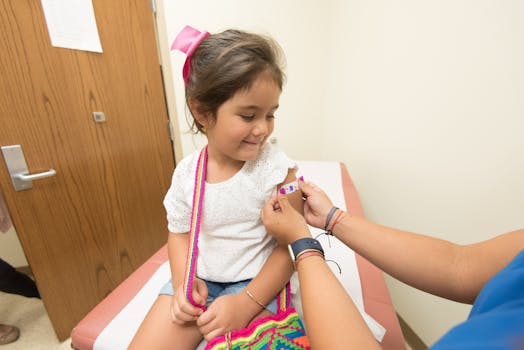
Understanding the science behind vaccines and immunization is crucial for public health. Vaccines are biological preparations that provide acquired immunity to a particular infectious disease. The focus keyword here is ‘vaccines and immunization’. In this article, we will delve into how vaccines work, their components, and their significance in disease prevention.
What Are Vaccines?
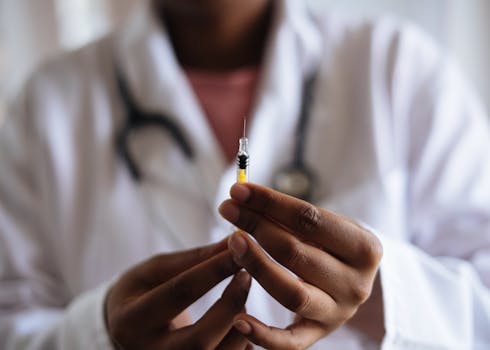
Vaccines contain antigens that resemble a disease-causing microorganism. They stimulate the body’s immune system to recognize the antigen as a threat, destroy it, and remember it. This process allows the immune system to respond more effectively when exposed to the actual pathogen in the future.
How Vaccines Work
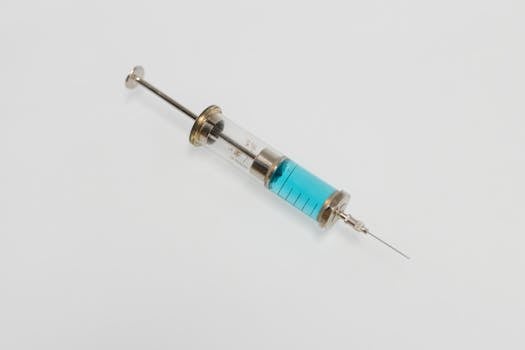
The mechanism of vaccines involves several key steps:
- Antigen Introduction: Vaccines introduce a harmless component of the pathogen, such as a protein or a piece of its genetic material.
- Immune Response Activation: The immune system recognizes the introduced antigen as foreign, triggering an immune response.
- Memory Cell Formation: After the immune response, memory cells are formed that remember the pathogen for future encounters.
Types of Vaccines
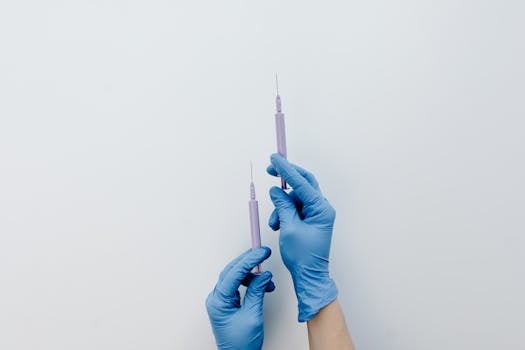
There are several types of vaccines:
- Live Attenuated Vaccines: These contain a weakened form of the pathogen.
- Inactivated Vaccines: These contain killed pathogens.
- Subunit, Recombinant, and Conjugate Vaccines: These contain pieces of the pathogen.
- Messenger RNA (mRNA) Vaccines: These contain genetic material that instructs cells to produce a protein similar to that found in the pathogen.
The Importance of Immunization
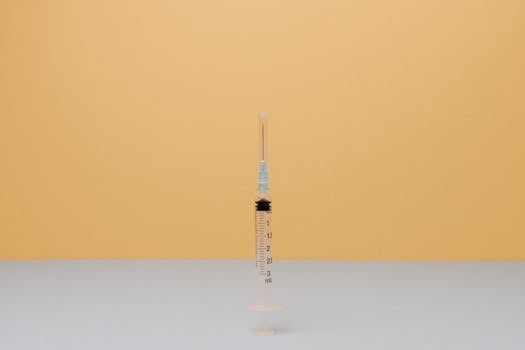
Immunization is vital for preventing the spread of infectious diseases. When a significant portion of the population is vaccinated, herd immunity is achieved, protecting those who cannot be vaccinated, such as individuals with certain medical conditions.
Conclusion

In conclusion, understanding the science behind vaccines and immunization helps in appreciating their role in public health. Vaccines save millions of lives each year by preventing diseases and promoting community health. It is essential to stay informed and advocate for vaccination to protect ourselves and our communities.






